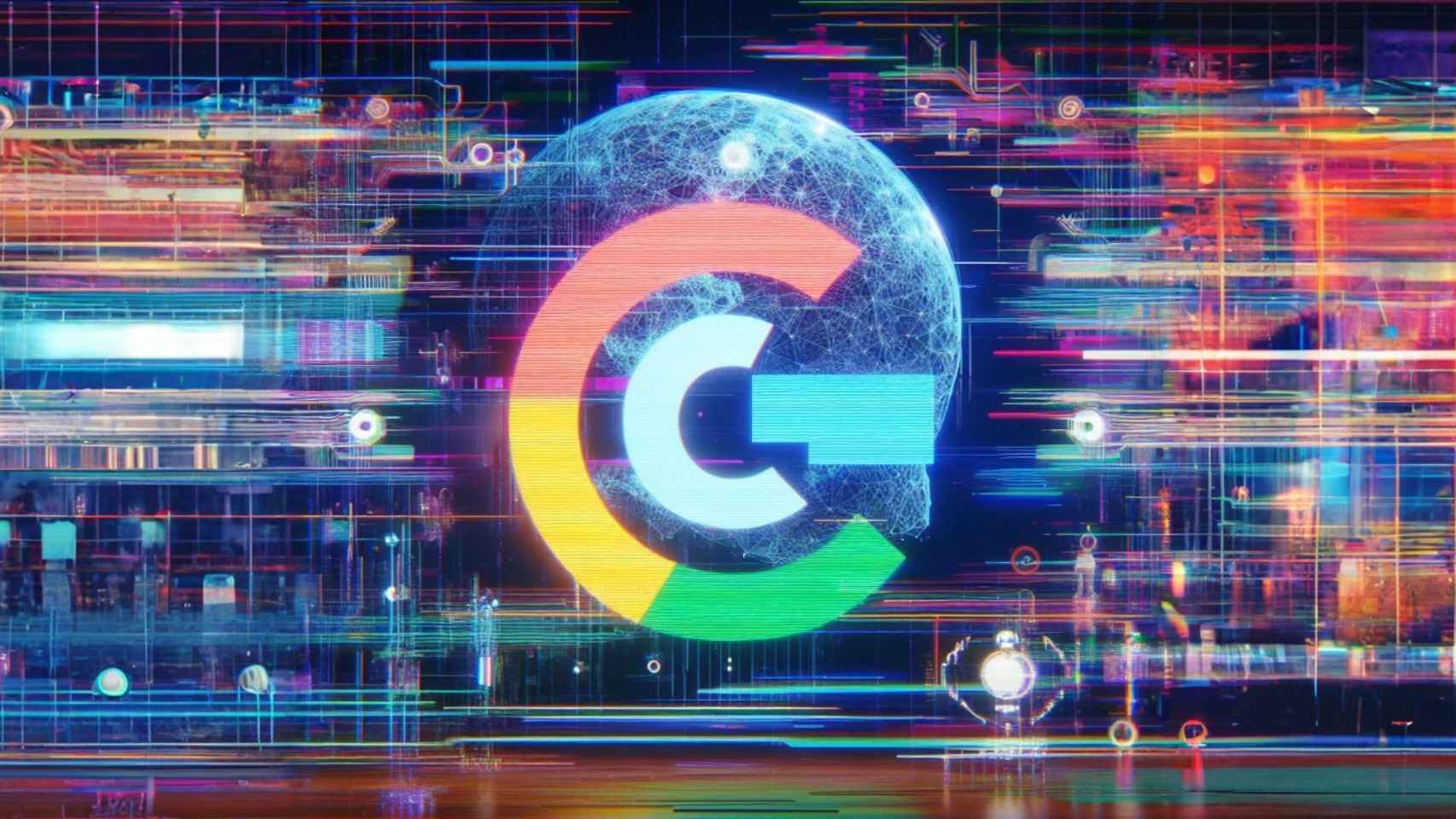Artificial intelligence has been the subject of interest in fantasy literature and science fiction films for years, but only recently has it begun to reach our daily lives. OpenAI has opened the race to have an accessible chatbot for everyone with ChatGPT and many companies have joined it. There are many other tools, such as those that create images, those that generate videos or those that are used to clone voices. But chatbots have become not only the most used, but also the gateway for many users to this new technology.
Maybe The one that poses the most competition to OpenAI is Google itself., which decided back in 2016 that it wanted to be a company focused on AI rather than mobility. Microsoft had also entered this race, but it did so by betting billions on OpenAI. The last to enter was Meta, who correctly switched from the Metaverse to artificial intelligence.
However, current programs Although they can sometimes be very useful, they always generate responses with errors., and they do it very safely and precisely, so sometimes we may think that it is impossible for them to make a mistake. It’s not like that, they make mistakes and sometimes they make a lot of them. It is possible to use them for some tasks, but it is not good to use them for all.
Useful uses
Reflection. One of the most used functions of Gemini or ChatGPT is brainstorming. These programs are very useful for generating ideas about a topic, which they do well by bringing together huge amounts of information with some skill when it comes to organizing those ideas.
Summaries. In the same way, when we have a very long text from which we want to draw conclusions, they can help us summarize the concepts or the texts themselves. Additionally, in some versions we can even load a multi-page file and directly ask you questions about a section of it.
Gemini for Gmail lets you summarize email chains
Free Android
Translations. Text translation is another feature that they do quite well. Please note, we are talking about a translation of something to be able to understand a text in another language, and not a translation that will be used officially as it comes out of the AI. There are many parameters that you still do not know how to interpret correctly.
Programming. The fact that the creators of these artificial intelligences are programmers means that the AIs themselves have become highly specialized in this area. They are able to generate code and, much more useful, fix code that we have already written but which fails for some reason we cannot discern.
Gemini replaces the Google Assistant
Free Android
Mathematics. Complex mathematical calculations are another good use case. You have to be careful in certain circumstances, such as in cases of logic, which we will talk about later. It is not in vain that some more advanced AIs, such as those of DeepMind, are even used to develop drugs using complex equations.
Plan trips. Another of the most common uses is planning a trip. With data such as destination, preferences, length of stay or budget, it is possible to create a travel plan, or its skeleton, so that we can then refine it ourselves if necessary.
Do not use them for:
For all the usefulness these programs can have, there are some things for which, at least for the moment, they are not suited. Their own way of functioning makes them hallucinate, that is, make mistakes with certain answers. The problem is that they usually do this in a very assertive way and if these answers are not questioned we risk being wrong.
Learn about little-known historical figures. One of the problems with AIs is that they tend to mix up many characters, especially when they have similar names. This is because the data that was trained on sometimes only uses last names, leading to confusion.
Logical question to Gemini
Free Android
Basic logic problems. One of the biggest failures usually occurs in some logic problems, which some chatbots cannot understand. This can be seen very well in a simple example. When asked the question “If I’m in a race and I pass the sixth rider, what position am I in?” the system should say sixth, because I went from seventh to sixth, but the reality is that he does not say that, According to him, it would be in the fifth, something that is not right.
Here. There are also limitations in current data because most AIs are not connected to the Internet, and even when they are, they generally do not have real-time data insights. Normally, the system itself warns that it does not have data before a certain date.
Very specific technical doubts. Another problem usually arises when very specific or complex technical questions are asked, for example related to the legislation or technical documentation of different countries. Additionally, blindly relying on a technical answer that may be necessary for a calculation could be problematic.











